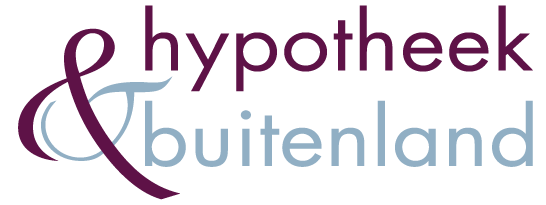Rental Italy
Rental
Seasonal rental of an Italian vacation home is quite common and mortgage lending Italian banks are fine with it. Only when a property is overwhelmingly going to be the source of the (only) income in the future do people not want to finance it regularly. Rental income is taxed in Italy and not in the Netherlands. A tax return on this income must therefore be filed in Italy.

